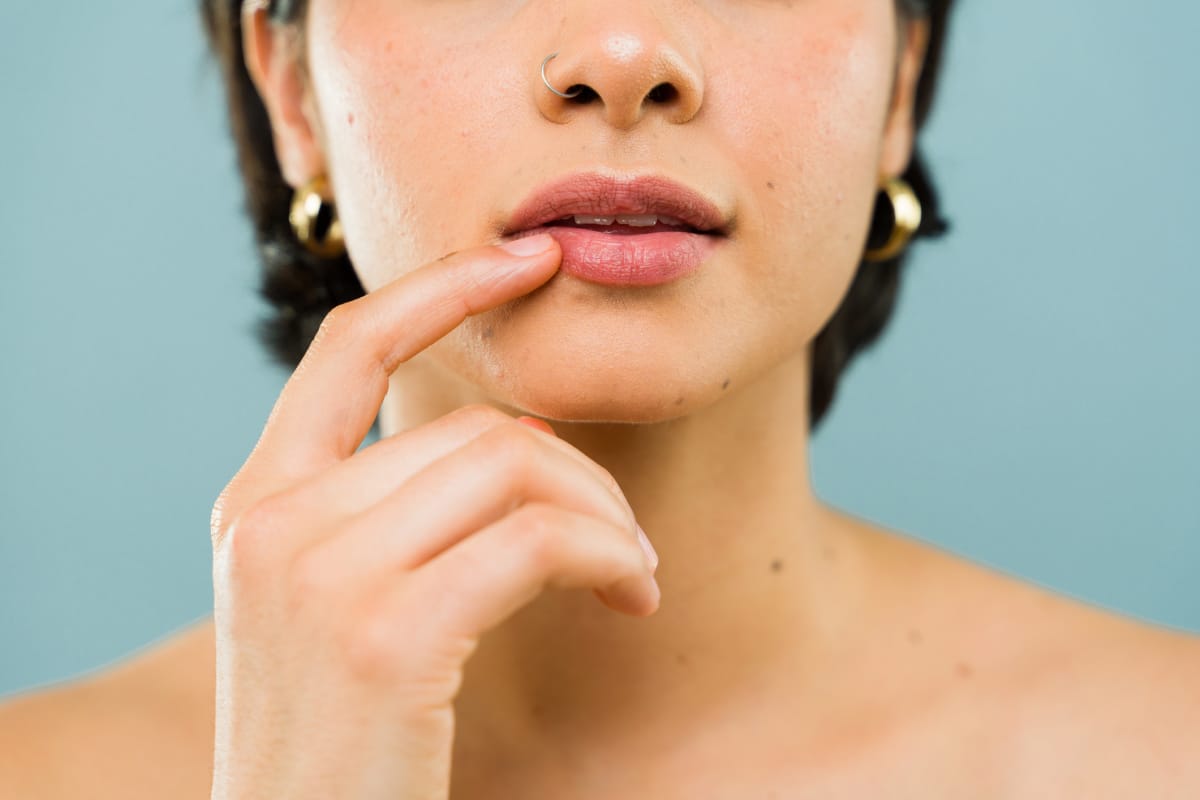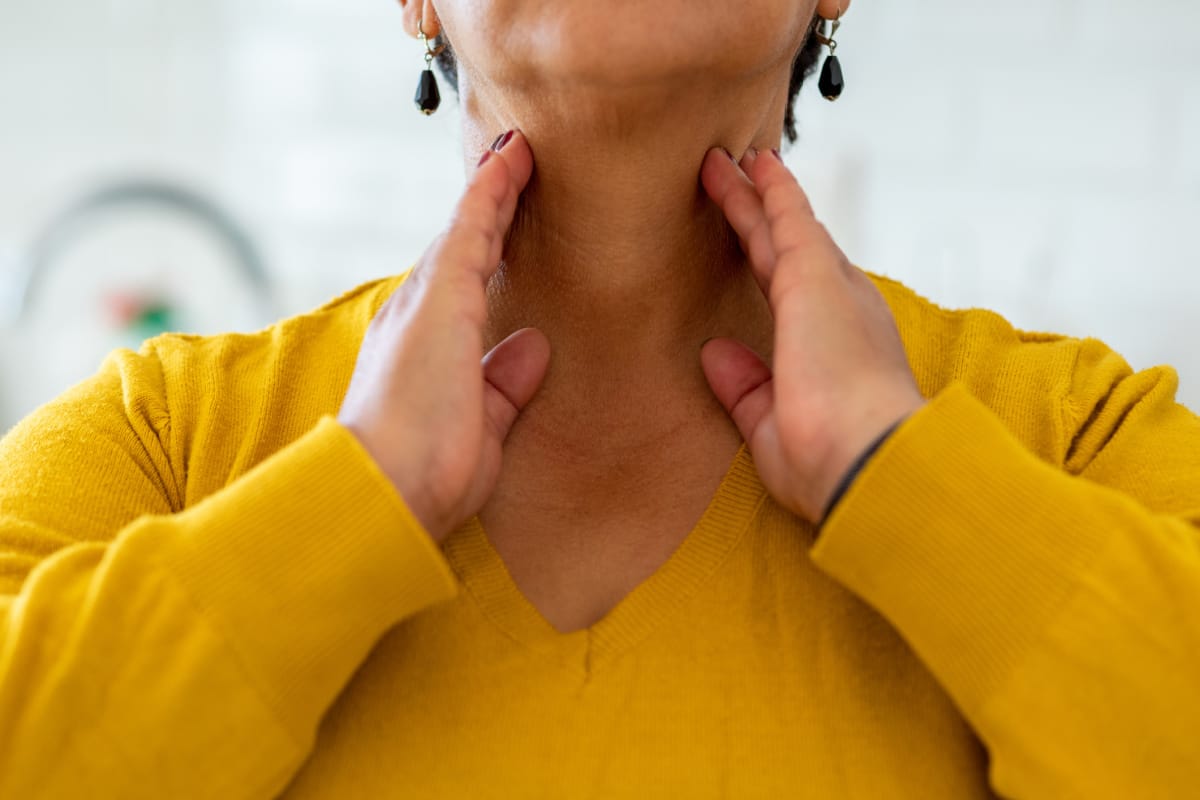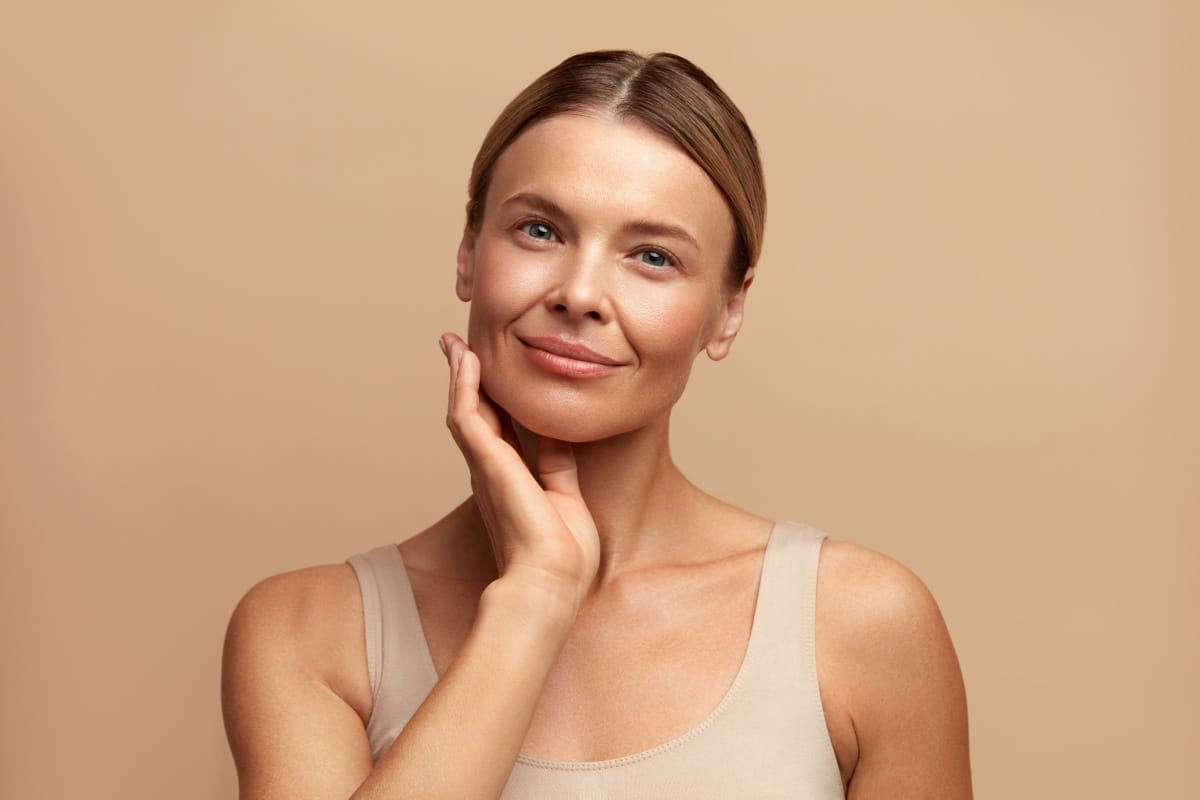
With summer winding down, this is the time to start planning for laser skin rejuvenation. Our Asheville med spa team at Mountain Radiance offers safe, effective laser-based skin renewal and is here to answer some of the most common laser skin treatment questions they get from real patients.
- Overview of laser skin resurfacing options
- Can I get laser treatments if I have tattoos?
- Will slugging help my skin recover faster after a laser treatment?
- When can I go outdoors after laser skin treatment?
- Do I have to take off work after laser skin treatment?
- Can you get laser skin treatments while pregnant?
- How do I explain my recovering skin to my family/SO after a laser treatment?
- Can laser treatments be done on other parts of the body besides the face?
- How do I choose the best provider for a laser skin resurfacing treatment?
Overview of laser skin resurfacing options
There are two primary classes of lasers designed to diminish skin imperfections and achieve a more youthful appearance. Both types are equally sought after by patients looking for laser skin rejuvenation in Asheville, as they each have different advantages.
Intense pulsed light (IPL) targets discoloration—improving the appearance of:
- Age spots and hyperpigmentation
- Broken capillaries
- Redness and rosacea
- Acne breakouts
ResurFx Fractionated laser for non-ablative fractional laser (NAFL) skin resurfacing to improve the appearance of:
- Rough, textured skin
- Fine lines and wrinkles
- Scars and stretch marks
- Freckles and age spots
Lasers are not just for skin rejuvenation; we also use them for:
Can I get laser treatments if I have tattoos?
No; our team will carefully work around your tattoos during ResurFx laser treatment to avoid potentially injuring the skin or impacting the tattoo. Similarly, we will avoid using intense pulsed light (IPL) over tattoo ink because IPL treatment penetrates your skin to specifically target pigment. A laser cannot differentiate between the pigmentation of age spots, hair follicles, or tattoos, and thus will reduce the tattoo’s vibrancy, or potentially cause blisters, burns, or other skin damage.
The laser cannot differentiate between the pigment of a hair follicle, age spot, or tattoo—potentially scattering the image, reducing the vibrancy, and risking blisters, burns, and skin damage.
When you can plan ahead, we recommend having laser skin resurfacing or laser hair removal before tattooing a given area.
Another option is to have laser tattoo removal as a first step; you can then, with the help of your provider, reassess your skin after tattoo removal and determine the best laser procedures for achieving your skin renewal goals. (If desired, treated areas can be tattooed again after you have fully healed.)
Generally, lip and eyelid tattoos (i.e. permanent makeup tattooing) will not be disturbed by laser skin resurfacing, as these areas are outside of typical treatment areas.
Will slugging help my skin recover faster after a laser treatment?
Yes—especially if the product contains vitamins E and C, ceramides, and other ingredients proven to hydrate the skin and prevent water loss. The key is checking in with your provider before slugging and following their instructions, which should include using a gentle cleanser each day, to completely remove all applied products and avoid potential bacterial growth. (We would be happy to recommend appropriate options from our selection of medical-grade skincare.)
While slugging can be safe with provider guidance, there are products and ingredients you should avoid before and/or after to achieve the best results and speed healing.
Products and ingredients to avoid in the days and weeks before laser skin rejuvenation include:
- Self tanners.
- Exfoliants.
- Retinoids.
- Salicylic, glycolic, or lactic acid.
- Tobacco products and alcohol.
Products and ingredients to avoid for two weeks after laser skin rejuvenation include:
- Sodium lauryl sulfates (SLS).
- Exfoliators.
- Toners.
- Chemical detergents.
- AHA/BHA.
- Benzoyl peroxide.
- Fragrances.
Here at Mountain Radiance in Asheville, we provide all patients with personalized, detailed information about what to avoid both before and after laser skin rejuvenation based on the specifics of your treatment plan.
When can I go outdoors after laser skin treatment?
Ideally, patients should avoid sun exposure for a minimum of four weeks after laser skin rejuvenation. When you do venture out, apply a broad-spectrum sunscreen of SPF 30 or greater and reapply as often as directed. Wearing sunscreen, protective clothing, and seeking shade whenever possible will prevent new damage from forming and increase the longevity of your skin’s improved appearance.
We also recommend avoiding sun exposure for at least four weeks before laser treatment to enhance aesthetic outcomes and reduce healing time.
Do I have to take off work after laser skin treatment?
No; there is no downtime required for IPL or non-ablative fractional laser treatments—you may resume most normal activities immediately after your appointment.
That said, aesthetically speaking, patients may choose some social downtime depending on their treatment:
- In the days after IPL treatment, any pigmented spots will darken somewhat before peeling away to reveal more even skin. This process can take anywhere from one to two weeks. Makeup can be used after a day or two to conceal temporarily darkened spots if needed.
- After non-ablative fractional laser resurfacing, you will experience moderate redness and may be advised not to wear makeup for some days. This is because during the initial healing stage, introduction of excess bacteria to the skin via makeup can complicate healing. Once you are cleared by your provider, any remaining redness can easily be concealed under makeup.
Can you get laser skin treatments while pregnant?
No; laser treatments are best avoided during pregnancy. While there is limited research on the effects of laser treatments during pregnancy, it is not sufficient enough to determine that laser treatments are completely safe for pregnant women or an unborn baby. Additionally, elevated levels of hormones can trigger melasma (hyperpigmentation) which laser treatments can worsen during pregnancy. We recommend that our parents-to-be save laser treatments until after welcoming their newest addition.
How do I explain my recovering skin to my family/SO after a laser treatment?
It’s best to discuss laser skin treatment and side effects with your family, friends, partner, and/or close coworker before your procedure; you can simply warn them your skin will look “sunburned” for some days post-treatment. While temporary redness or darkening spots may look concerning, explain that healing is proceeding just as it should, the treatment will support your skin’s overall health, and your appearance will be back to normal in just a few weeks.
Can laser treatments be done on other parts of the body besides the face?
Yes; both IPL and non-ablative fractional laser treatments can be safely used on many parts of the body. During your consultation, we will evaluate the desired treatment area and make a recommendation for the ideal treatment method. Many patients also choose to treat the backs of the hands, shoulders, arms, neck, and/or décolletage, to match these areas to their rejuvenated facial skin. IPL lasers are also popularly used to treat sun-damaged legs.
How do I choose the best provider for a laser skin resurfacing treatment in Asheville?
Choosing highly-qualified providers is critical to minimizing complications and achieving safe, effective results. Our expert Asheville aesthetics team is qualified to assess your skin and safely perform laser skin rejuvenation; we will gladly develop a treatment plan optimized to achieve your goals. To schedule your consultation, contact us online or call Mountain Radiance at (828) 627-2711.


